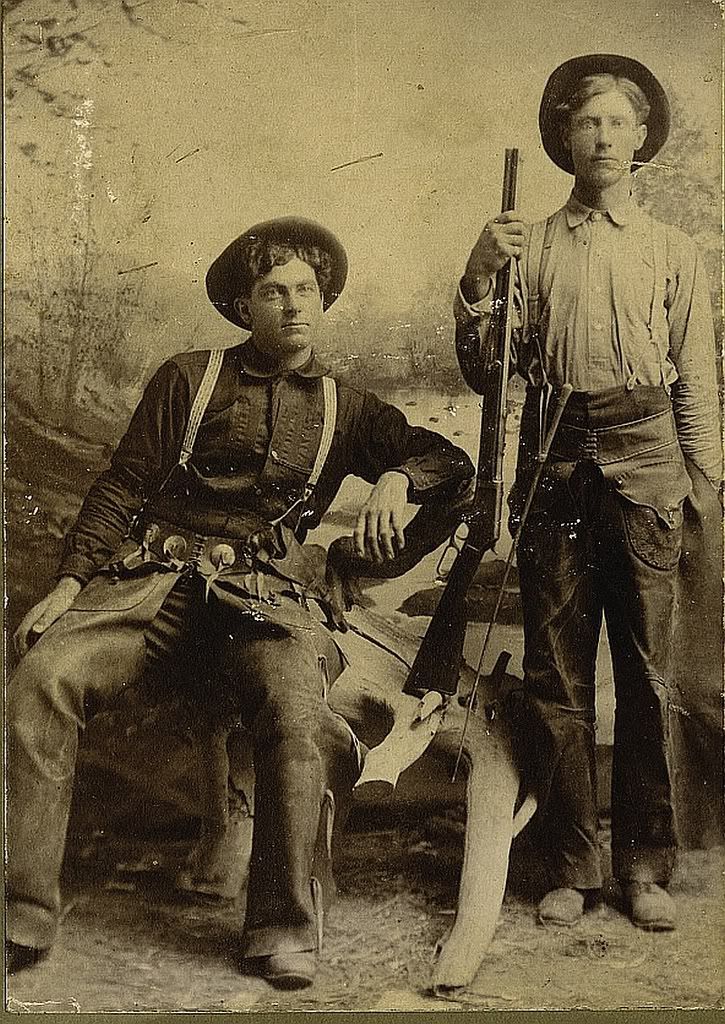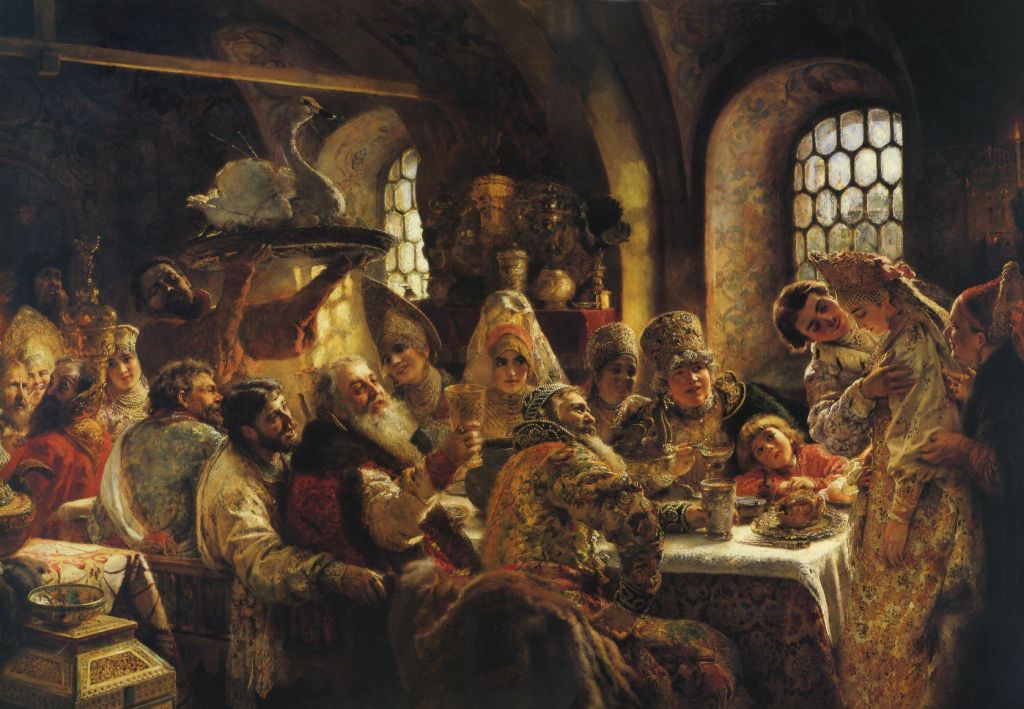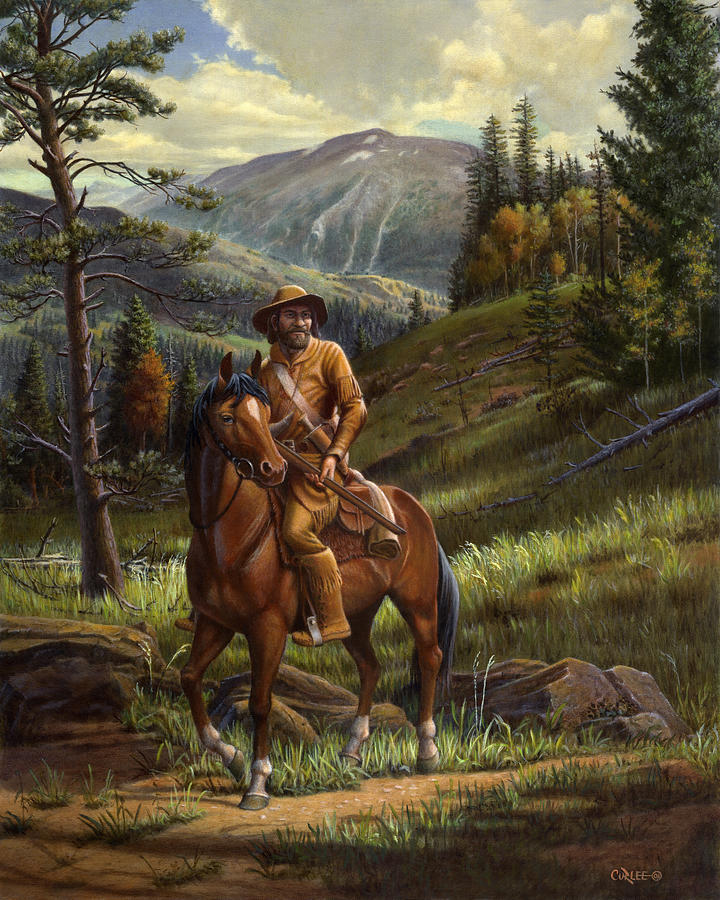HOW MEDIEVAL THEURGY WENT COMPLETELY WRONG AND HOW I INTEND TO CURE THAT
Recently I have been reading The Sacred Magic of Abra Melin the Mage, one of the seminal texts on Theurgy and magic from the Medieval Ages. I have a personal library of many of these texts and this book is one of my favorites.
However it also highlights one (or even some) of the great failings of Medieval Theurgy and related forms of “magic.” And as many of you know I have a very different definition of magic than is the popular conception. Which I won’t detail here as it is described in my other writings on the subject and in the books I intend to publish on the matter.

But to return to the question at hand: The failure(s) inherent in Medieval Magic.
Before I describe that however (or one of the two most glaring ones) I must say what Medieval Theurgy actually got right.
First that all “magic” is really theologically and supernaturally based (and this has been the case and the basic conception of Magic throughout human history, up until very recently, Magic is not the result of a parallel force or inanimate source of “magical” energy running parallel to the natural sciences), secondly that natural sciences used to be a part of magic (until it split away and became its own discipline and concern), and thirdly that Theurgy should concern itself primarily with understanding both the world (as it actually exists) and how God created the world to exist in that way, and why. The Fourth conception, the one I will mainly address, that there are Good Beings and evil beings (other than human beings) that exist in the cosmos (regardless of the fact of whether or how often they interact with men) is a point I shall address in a moment.
That is what Medieval Theurgy got right.
Where it went off course, and in this case badly so, is in a related idea but a wholly different sort of practice.
Medieval Theurgy was big on the invocation and summoning of Angels and benevolent spirits, a development hearkening back to ancient times and one I think that was primarily positive. However it was also big on the summoning and invocation of demons and harmful and malignant spirits.

Here are my basic problems with that suspect concept. The summoning of Good Spirits and Angels (those who remained faithful to God, to God’s morality, or were in direct contact with God) is to me primarily a good thing. Medieval Theurgists summoned angels to converse with, to seek advice from, to have transmitted to them God’s Will, to have prophecy or scripture explained to them, to seek to understand the physical universe and creation, to have various phenomena explained to them, to have dreams and visions interpreted, to receive moral guidance, to be healed of injury and illness, to be protected from evil or disaster, etc. All of the things commonly associated with angelic beings in Scripture.
All of this I applaud and think very positive. I wish more people tried this kind of thing nowadays.
Two important side-notes however: I think Medieval Theurgists erred in thinking that simply by employing certain techniques or rituals that they would be able to automatically invoke, evoke, or summon angels (or any other kind of being) and have them respond almost mechanically to such a summons. That is a very juvenile and even idiotic assumption in my opinion. First of angels, like any other creature or being, has a free will. This is obvious and self-evident or none of them would have ever rebelled against God. And secondly if a Theurgist sought advice or action contrary to the Will of God (which I think is very flexible by the way) or malignant in some way then no angel is required to respond in any way.
The second side-note I would make is that God, being the Prime Source of All Things, including Being itself (not to mention angels and creatures), well, God should always be your first point of contact. That just seems self-evident to me – always first seek the Prime Source, not any secondary or tertiary force. And if you can communicate with and/or more importantly understand the Prime Source (which will not always be the case) then stick with that, and if not, then seek other assistance.
And to a Christian the Holy Spirit should always be your first “Being of Consultation, Explanation, and Guidance.” Angels are almost superfluous as a result of this condition and this Being, except as Allies, if direct communication with God and direct Guidance by the Holy Spirit is possible. However I am also well aware of the fact that there are times when it is very difficult to properly discern the will or intent of God, and it seems as if the Guidance of the Holy Spirit in uncertain or confused (if only in our own personal reception or interpretations of what is trying to be communicated to us). So one should always seek Theurgic Communication first with God, and then only if confused, lost, or uncertain, with Godly allies or assistants. Though I also think angels make extremely good allies and will do their very best to truthfully explain and expound upon God’s Will and Nature as they understand it, though no-one fully understands the full Will of God but God Himself.
But all of that being said, and with the caveats explained above, I am in no way hostile to communication with and alliance with angelic and good spirits. Just don’t expect them to be automatons or servile in any fashion or just waiting around to serve you like a paid employee or worse, like a slave. They have an existence independent of you just as your human friends and allies do. They are obligated to you and in service to you in the same way your human friends and allies are, meaning, of course, it is a two-way street of mutual respect and benefit.
But where the Medieval Theurgist really went off track is with the practice of invoking, evoking, and summoning of demons and malignant spirits.

Let me explain the basic idea and concept involved in this odd practice. The ancients (in the West anyway) had an idea of spirits that revolved around the Greek term daemon, which basically meant “spirit.” Now a dameon could be either good or bad, and often was both. Though some tended to be mostly benign and some tended to be mostly malignant. But all were capable of both aspects of behavior, just as one might think of a human being or human companion. In other words a daemon was just like a pagan god (only less powerful for the most part) and open to capriciousness and emotionalism (it was not driven by a Universal or Inherent system of logic and morality, as our concept of God, but only by temporal circumstance or relativistic morality) just as the ancient pagan gods were.
By the Middle Ages, especially with the advent and ascendancy of Christianity and Judaism (and the Triumph of a Monotheistic God who is bound by his own sense of Morality and Virtue) that notion had become split into the idea of angel (being Good Spirits) and demons (being bad or evil or malignant spirits) and of a whole race of beings directly tied to Virtue and another whole race of beings decidedly and intentionally tied to vice. There were also other and more complicated notions involved such as Spirits that were a specific aspect of God’s Nature or of specific Godly Virtues but let’s leave that aside, as it is not germane to the current discussion.
(As a personal sidenote I should also say that I am of the opinion that there are sprits that are open to both good and ill, as are human beings, and that there are specific classes or races of Beings who are definitely and definitively good, such as Angels – a parallel case among men being Saints – and races and classes of beings dedicated to evil for their own reasons, such as is the case with some men – serial killers, habitual violent criminals, tyrants, warlords, terrorists, and so forth.)
In any case the general Medieval idea was that it was acceptable to invoke, evoke, and summon demons or malignant spirits as long as they were carefully controlled, and that the techniques used to control these beings or entities were the same techniques employed by angels and God to control them. That’s a very nice sounding theory, in theory.
My problem with that theory though is threefold. First of all demons and malignant spirits are obviously possessed of their own free will. Or they would not have and could not have revolted or rebelled against God. Secondly even if they could be controlled by some technique or in some fashion then there is no reason to not suspect that at the very least such a spirit would surely attempt sabotage of the aims of the summoner, or would most certainly attempt deception and misdirection in the execution of any “orders or commands” given it by such a summoner. Third I do not believe it is any more possible to gain summoning (or actionable) control over a demon than it would be to gain summoning control over an angel. Each kind of being has an existence beyond us and is not in any way open to manipulation or control unless they voluntarily decide to grant such a thing to another. It seems far more likely and far more logical to conclude that a demon would seek to gain control over another (forced or pact-ful or agreed upon possession) than to voluntarily grant control to another over itself. It is simply illogical to conclude that malignancy exists to allow itself to be enslaved for the purposes of third-party control.
(By the way one of the true differences between the Medieval Magician, Wizard, or Theurgist, and the Medieval Sorcerer or Warlock – and to a certain degree the Medieval Witch – was on this very point. The Theurgist or Magician believed that demons were bad but could be controlled and forced to “do good” through the agency and techniques of the summoner. The magician or Theurgist made “no pact or agreement” – other than demands and commands – with the demon but rather sought control or enslavement of the same.
The Sorcerer or Warlock, on the other hand, did seek to make pacts with such beings in exchange for personal power, wealth, or desire fulfilment. The Medieval Magician believed in alliance with angels but control of demons, the sorcerer or warlock in alliance or pacts with demons – for personal gain – and often in order to harm enemies or to exercise his own personal malignancies or evils, and in opposition to the commandments of God. It is a real and distinct difference, of course, but in all practicality it seems an extremely subtle, and pragmatically speaking, a superficial one. Yes, personally I also would like to be able to control evil and force it to do good. Merely because I so will it. But is that, in itself, not also a form of evil and enslavement, and far more to the point, could I really trust in the results or validity of such an enslavement? Even if I could “successfully” enslave evil, if it were truly evil, could I ever then entrust it? I am extremely doubtful I could. I suspect that this may be one reason God does not seek to enslave evil either. It’s just speculation on my part, but it seems reasonable to me. God could never trust enslaved evil. And neither can I. Though I would see it destroyed.)

Which brings me to my last point in this matter. Whereas I do believe that God can control anything if he so wishes, and that no demon is really a match (on a one to one basis) for most angels or for a Saint or even most truly determined good men (that is to say demons are limited in their power and scope and do not possess the ability to control angels or even men unless this is done willingly or in fear or ignorance on the part of the man) this is not to say that demons are powerless or helpless or under the subjugated control of others. That is to say that God confines the abilities possessed by a demon but he does not enslave demons (force them under his control, rather they fear him if he is provoked and can exercise no natural power over him) or he would have enslaved them already and long ago. If God was in the enslavement business (and he is certainly not, even if that seems illogical towards evil) then he would have reduced demons to mere robotic automata long ago and resolved evil in that way. He could, if he so desired, simply enslave or destroy evil and evil beings and creatures, but he does not, he merely confines them in some ways.
That being the case it makes no sense at all to me to have any truck with any being (or creature) that one knows to be habitually and intentionally evil. At the very best you could only exercise an untrustworthy, suspicious, and limited form of semi-confinement against their natural impulse to do wrong, with the likely sabotage of your true objectives to closely follow, and at the worst you would become the unwitting or willful subject of the manipulations and deceptions of such a malignant being.
Why then attempt such a reckless course as communication and truck with demons?
Well, I think for two reasons. First of all many Jewish Theurgical texts, whereas warning about such dangers, had an idea of demons that lay somewhere between the ancient pagan one of daemons (spirits being both good and bad) and the Christian conception of a demon that is wholly malignant. That is the Jewish Theurgists and magicians and Qabalists and even rabbis understood that demons are malignant (and warned of this fact often) but still felt they could be controlled with the proper techniques or knowledge. And perhaps they are, to a very few, but I have no interest or desire to test this presupposition for myself. I am too naturally suspicious and repelled by the aims of evil. So whereas I do not fear demons or malignant spirits I also have no interest in them and would rather avoid them or if necessary simply cast them away, banish, or exorcise them.
Many Christian Theurgists though, many, but not all, (some were influenced by the Jewish Theurgists and others – and by the way not all Jewish Theurgists thought it wise to consort with demonic forces or beings either) said simply that you should avoid them, abjure them, or eschew and cast them away as a source of power or trustworthy information.
(Or, as Isaac Asimov once wrote in a science fiction story I read as a kid – when the Devil came to his story character to bargain for his soul in exchange for power and long life and what the man most desired, that character replied,
“Why should I bargain with you for long life and success and power and my desires? I shall have all of those things anyway due to my own efforts and with the assistance of God. It will take long but I will owe you nothing in exchange and there will be no real cost to me other than that of patience.”
Indeed. My thoughts exactly. I am paraphrasing the reply of course; I don’t have that old story in front of me. But that was the gist of the response.)
In any case these types of theurgists (those who thought you could control demons or malignant spirits) wanted to control such beings as essentially “forced or enslaved labor.” To do Work. To execute commands and to grant favors. To accumulate wealth or power for the Theurgist. Now even if you wish to do this and your motives and aims are entirely good and beneficial you still face the very daunting and real problems I outlined above.
But even the Medieval Theurgists knew that you could not force an Angel to “do your bidding,” no matter how beneficial your bidding might be. At best you could only request the assistance of an angel (which is fine by me, I cannot force another human being to assist me either, and I cannot force God to act on my behalf, only request such assistance, but that is fully acceptable to me as a fact of life) but you could not “enforce servitude.” But many Medieval Theurgists did believe you could force or enslave a malignant spirit to do as you wished.
Or put more simply, angels and other such allies were for Information (guidance, discernment, and Wisdom), but malignant spirits could be employed for Action (forced or enslaved labor against which they would be powerless to resist).
I think that is a mistake in both cases. You cannot really force demons to “do your bidding” (be it for good or ill – without facing the difficulties described above)) and it is a mistake to think of angels as “Intel only” and not as agents of Action, though the assistance would be voluntarily granted, not given by command.
Nevertheless there were Medieval Theurgists who thought you could control demons and that it was the actions of these enslaved spirits who accounted for the Actions or achievements (or “workings”) of Theurgy.
I think those two propositions and ideas to be entirely in error and wholly wrong in conceptualization.

I think rather that the true motive force or the actions of Theurgy are not achieved by enslaved spirits, but rather by the manipulations of beneficial probability forces (the best possible outcome being caused by the best possible set of operational principles functioning at optimal capacities in each circumstance) within the field of all quantum possibilities. I also think that God and angels willingly assist in these efforts no matter how they are undertaken (by mechanical work, by science, by prayer, by theurgy, by thaumaturgy, etc.), but that these efforts are never willingly undertaken by demons or malignant beings or creatures because evil and malignant beings desire the very opposite outcomes. Not the best possible outcome, but the worst, or the most disastrous or destructive, or at the very least a decided corruption of the best possibilities.
Therefore my personal practice of Theurgy will involve and has involved seeking the best possible outcome in every circumstance (as an operational principle of Theurgy) and will involve benevolent alliances and contact with beneficial allies and forces and beings and creatures. That is to say that I do believe that there is a parallel force to the Natural (or put another way – the Mechanical) Sciences (of which I am a very big proponent) but not that it is demonically or supernaturally based (though I do have great faith in the supernatural, depending on how you define the term) but rather that it is based upon the operational field of Quantum Mechanics – with the underlying intent being, “the best possible and most beneficial and benevolent outcome in every possible circumstance or set of circumstances”).
On the other hand I will eschew and discourage any contact or involvement with malignant beings or forces as I think of them (with good and logical evidence) as sources of curses, not Blessings, and of failure and harm and malignant probabilities, not Success and Benefit and Benevolent Probabilities.
__________________________________
Being a practicing Christian Theurgist I had intended to write this essay some time ago, but delayed doing so as I wanted to go back and re-read some of the Medieval texts I had read long ago.
Now that I have done so, and now that I have written this essay I think that I may very well adapt it and use it as an introduction to my book The Christian Wizard (or Theurgist or Genius).
Anyway I hope you enjoyed this essay and found it useful.























































You must be logged in to post a comment.